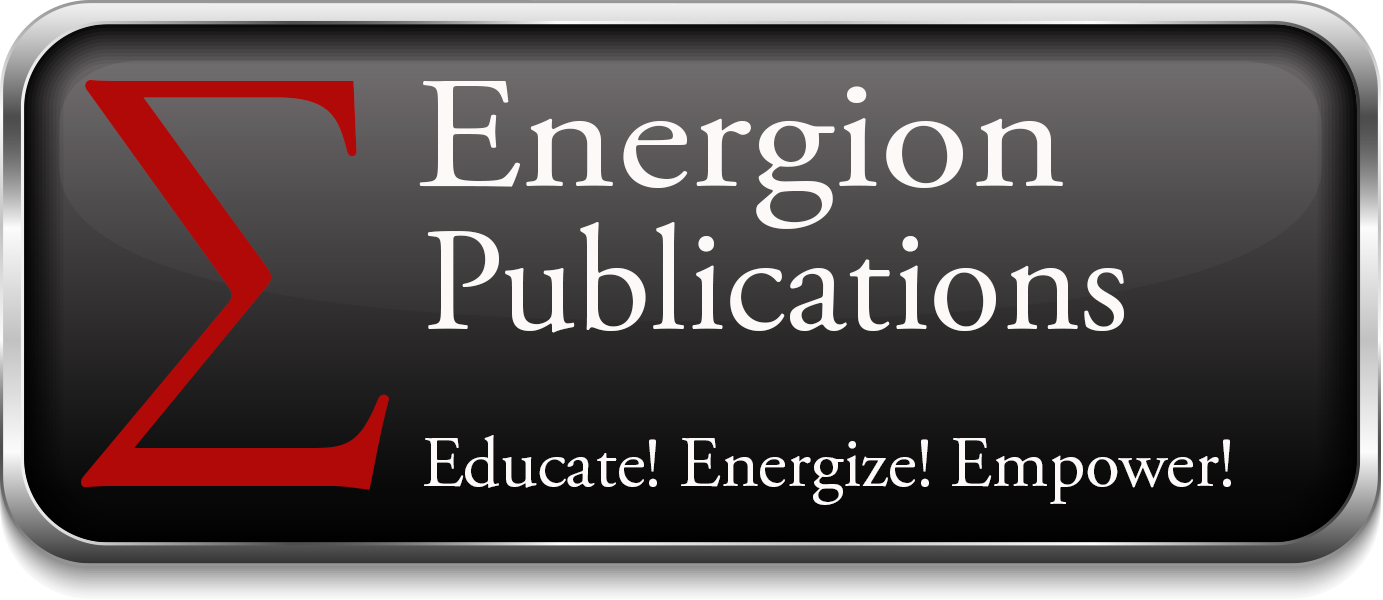Second Week in Advent – Day 5 – Peace to the Embattled
Significantly, Mark announces the beginning of the Good News (gospel) of Jesus Christ, the Son of God. This proclamation stands against any other declaration of good news. For example, Caesar claimed himself to be a “savior” who brought prosperity and peace to the world.
Robert B. McKibben, The Gospel According to Mark: A Participatory Study Guide, pp. 1-2
Good news, transliterated later into the word “gospel”, comes from the Greek word euangelion, which is the background for our church application of evangelism and evangelist. Mark thus becomes our first evangelist, proclaiming the “gospel” of Jesus Christ. More significantly, Mark launches a new literary genre in applying the term euangelion to the ministry and life of Jesus Christ. Mark’s second-class status as a Biblical author suddenly must be reviewed! Mark created the stylistic literature called “gospels.”
In the Old Testament and in Greek literature derivatives of euangelion were used often to report victories from the front line of battle. (1 Samuel 31:9, 2 Samuel 1:20, 18:19-20, I Chronicles 10:9). Here we find the first hint behind the purpose of Mark’s gospel account. A common theme of conflict and battle fills the pages of this gospel. Mark is bringing “good news” from the battlefront to the early Christians. He is giving them encouragement for their own battles of persecution and suffering. Ultimately, because Jesus was victorious, they too will be victorious.






